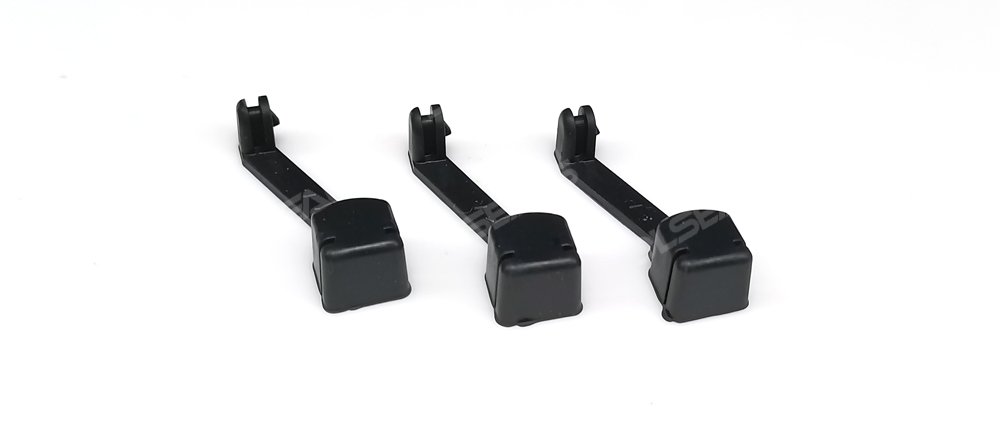News
A2024-08-14

In the industrial and manufacturing fields, choosing the right sealing material is crucial to ensuring the reliability and performance of the equipment. Silicone rubber, as a special sealing material, has unique properties and application advantages. This article will explore when to choose silicone rubber seals, and introduce its main features and applicable scenarios to help readers make wise material choices.
Main Features of Silicone Rubber Seals
Silicone rubber (VMQ) is an excellent synthetic rubber material with the following outstanding features:
Excellent high temperature resistance: Silicone rubber seals can maintain good elasticity and sealing performance at extremely high temperatures (usually up to 250 degrees Celsius or more), and are not easy to harden or fail due to temperature changes.
Good weather resistance and aging resistance: Silicone rubber has excellent weather resistance and can maintain stable physical properties and appearance under long-term UV exposure and outdoor environments.
Excellent electrical insulation performance: Silicone rubber seals have excellent electrical insulation performance and are suitable for applications such as electronic equipment and electrical connectors, which can effectively prevent leakage and short circuits of electrical components.
Excellent chemical resistance: Silicone rubber can resist the erosion of many chemicals, including acids, alkalis, solvents, etc., and maintain stable chemical properties.
Good softness and elasticity: Silicone rubber seals have high softness and elasticity, and can provide good sealing effects on different sealing surfaces.
Applicable scenarios of silicone rubber seals
Based on the unique properties of silicone rubber, it is particularly suitable in the following scenarios:
High temperature environment: Due to its excellent high temperature resistance, silicone rubber seals are widely used in sealing parts of high temperature equipment such as automobile engines, heat exchangers, and stoves.
Electronic and electrical fields: Due to its good electrical insulation properties, silicone rubber seals are often used in sealing and insulating parts of electronic equipment, electrical connectors, power tools, etc.
Medical devices and food industries: Silicone rubber is widely used as a seal for medical devices and food contact materials because it meets the requirements of FDA and other hygiene standards and is safe and reliable.
Outdoor applications: Due to its excellent weather resistance, silicone rubber seals are commonly used in outdoor equipment, solar equipment, and climate control systems to resist sun, rain, and extreme climatic conditions.
Conclusion
In summary, silicone rubber seals have outstanding performance in specific industries and application fields due to their excellent high temperature resistance, weather resistance and electrical insulation performance. When selecting silicone rubber seals, it is necessary to comprehensively consider factors such as the specific working environment, temperature requirements, and chemical media to ensure the sealing effect and long-term stable operation of the equipment. The correct material selection can not only improve the performance and efficiency of the equipment, but also effectively reduce maintenance costs. It is one of the ideal choices for engineers and manufacturers.
[DLSEALS kindly Reminder] Sealing issues? Turn to DLSEALS! As a sealing component manufacturer, we specialize in customizing sealing components, providing a full range of services from design, research and development, production, testing, and more. If you have more information you'd like to know, feel free to contact us directly. DLSEALS's product experts are dedicated to serving you!